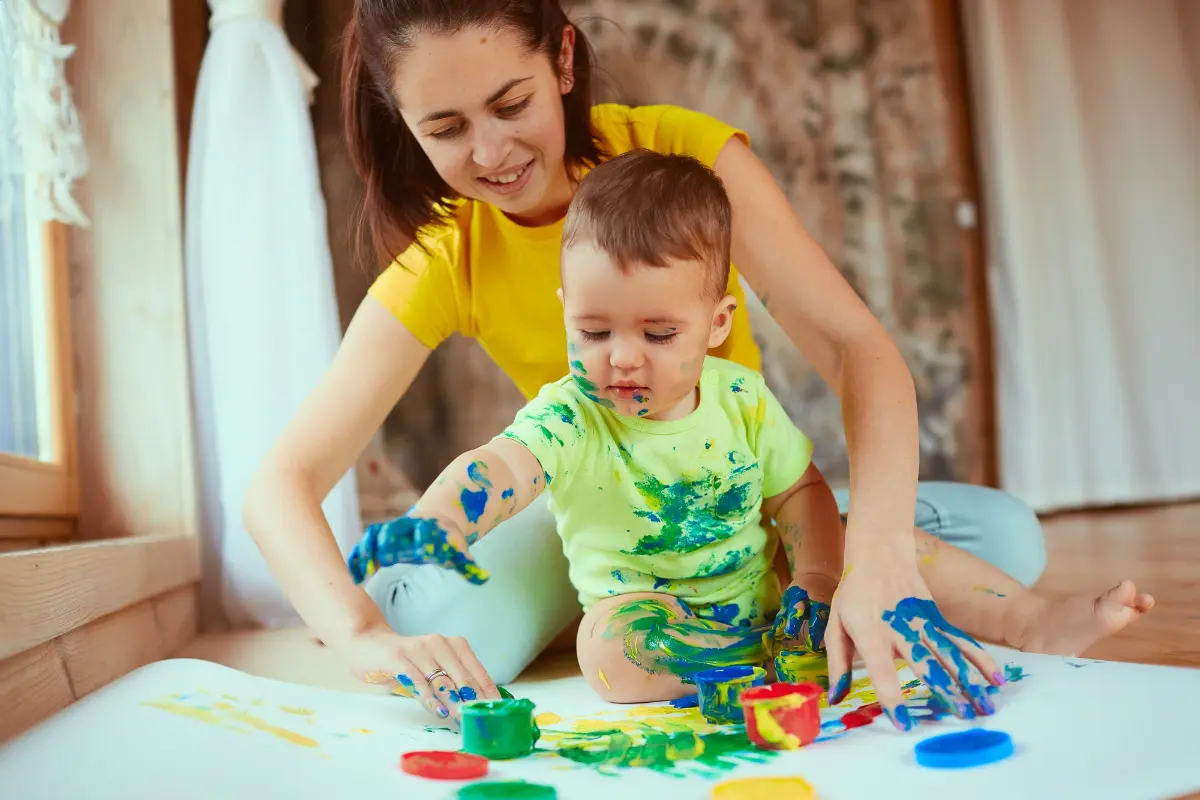Table of Contents
The Influence of Parental Attitude in Nurturing Child Development
Parenting is a unique adventure full of happiness, difficulties, and priceless lessons. Parental attitude stands out as a key aspect among the plethora of elements affecting child development. This blog post explores the significant impact that a parent’s attitude has on their child’s development, including tips for effective parenting techniques and ways to support a child’s growth even in the face of difficult attitudes. Let’s look at how a parent’s outlook affects a child’s outlook on the world.
The Impact of Parental Attitude on Child Development
The key to influencing a child’s emotional health, social abilities, self-esteem, and conduct is parental attitude. Children are good observers who pick up on their parents’ cues, so having a nurturing attitude is essential. While negative views can lead to emotional instability, positive attitudes generate security and confidence. The way parents engage with their children has an impact on their social skills, communication skills, and even academic performance.

Positive Parenting Behaviors
Important positive parenting habits include active listening, setting reasonable expectations, effective communication, and modeling conduct. These behaviors lay the foundation for wholesome parent-child interactions, enabling kids to develop into sympathetic, resilient, and responsible adults.
Parenting a Child with Attitude
Maintaining composure, empathizing, setting limits, and teaching emotional regulation are important techniques when dealing with difficult kids. These methods support emotional development and inter-parental understanding while assisting parents in dealing with problematic behaviors.
Understanding Parenting Styles
The methods parents employ to raise their children are referred to as parenting styles. From authoritarian, permissive, authoritative, to uninvolved, they span these spectrums. Each style has a different impact on a child’s development, highlighting the significance of picking a well-rounded strategy.
Conclusion
We hold the paintbrush that paints the picture of our children’s lives on the canvas. Our attitudes color their emotional environment, which also has an impact on their behavior and future. By adopting a positive outlook, using good parenting techniques, and adjusting to different difficulties, we become growth-oriented architects, developing resilient, compassionate, and prosperous people.
Let’s keep in mind that the waves created by our attitudes help to direct our children toward a more promising future.
FAQs
Q: How does a parent’s attitude affect a child?
A: The attitude of a parent has a big impact on a child’s conduct, self-esteem, social skills, and even academic success. While negative attitudes can result in emotional and behavioral difficulties, positive attitudes promote healthy growth.
Q: What is a parenting attitude? What are some examples?
A: Parents’ perspectives, convictions, and actions when rearing their kids are referred to as their parenting attitude. Examples include being empathetic, patient, and actively involved in the child’s life.
Q: What are two positive parenting behaviors?
A: Effective communication, which entails candid and open discussion that fosters understanding between parties, and active listening, which involves parents paying close attention to their children’s thoughts and feelings, are two beneficial parenting skills.
Q: How do you parent a child with an attitude?
A: Remaining composed, empathizing, establishing limits, and teaching emotional control are all important aspects of parenting an attitude-filled child. These techniques support a positive parent-child relationship while addressing problematic behavior.
Q: What is parenting style in simple words?
A: The term “parenting style” describes how parents raise their kids, including how they deal with punishment, communication, and attentiveness. It can be directive, permissive, uninvolved, authoritative, or authoritarian, each with specific traits and impacts on child development.




